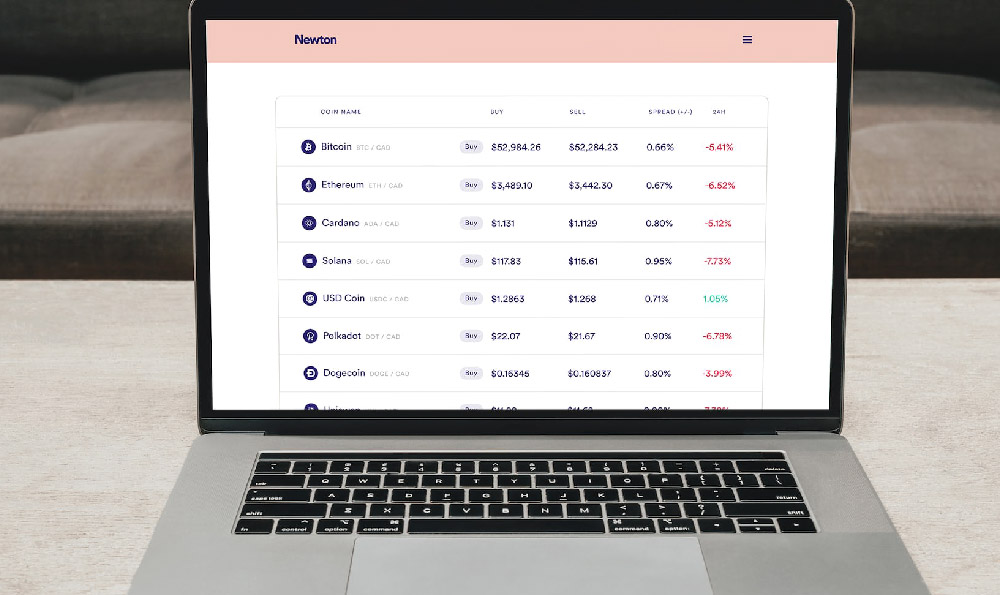Podcasting has surged in popularity over the past decade, becoming a mainstream platform for storytelling, education, and entertainment. As both a creative outlet and a potential revenue stream, the industry attracts aspiring entrepreneurs and content creators worldwide. Yet, understanding how much podcasters earn often proves elusive, as income varies dramatically depending on factors such as niche, audience size, monetization strategies, and production quality. For those hoping to turn their podcast into a sustainable business, uncovering the financial realities behind this medium is crucial. Unlike traditional media, where paychecks are predictable, podcasting income is more of a puzzle, requiring careful planning and execution to unlock its true potential. The journey from solo voice in a studio to a thriving revenue model involves navigating multiple avenues, each offering unique opportunities and challenges.
The financial landscape of podcasting is shaped by two primary forces: the value of the audience and the effectiveness of monetization tactics. A single podcaster might earn anywhere from $0 to over $100,000 annually, but this wide range underscores the lack of guaranteed income in the space. Premium content creators who consistently produce high-quality episodes with unique insights often command more attention from brands and listeners. For example, a podcast focused on niche markets such as cryptocurrency or mental health can generate significant revenue through sponsorships, while a general entertainment show might rely more heavily on listener donations and membership programs. The difference lies in how effectively creators can build and retain an audience, as this forms the foundation for monetization.
Monetization models in podcasting are as diverse as the content itself. One of the most common methods is advertising revenue, which can come from a mix of sponsorship deals and ad placements. A 2023 report by Podcast Insights revealed that top-tier podcasts in the United States earn approximately $100,000 to $400,000 annually through this route, with rates often reaching $15 to $30 per thousand downloads. However, ad revenue is not the only option. Many creators explore affiliate marketing, where they earn commissions from promoting products or services. For instance, a tech podcast might generate income by recommending tools and earning a percentage from sales made through their unique referral links.

Unlike traditional advertising, where spot rates are fixed, podcast marketing requires a nuanced approach. Creators must cultivate relationships with brands that align with their content and audience. A dedicated audience of 10,000 to 50,000 listeners may struggle to secure sponsorships, but those who can demonstrate engagement metrics—such as listener retention rates or email sign-up growth—often attract more lucrative partnerships. Additionally, the use of analytics tools to track performance is critical. Platforms like Chartable or Podtrac provide insights into download numbers, audience demographics, and engagement patterns, allowing creators to negotiate better rates.
Beyond ad revenue and sponsorships, podcasters can diversify their income through multiple streams. Membership programs, which offer exclusive content to paying subscribers, have become a popular choice. Services like Patreon enable creators to charge monthly fees, which can range from $5 to $20 per listener. For example, a podcast with a loyal fan base of 20,000 subscribers earning $10 per month could generate over $2 million in annual revenue. However, this model requires consistent value delivery, as listeners are more likely to pay if they perceive long-term benefits.
Another avenue for monetization is the sale of digital products or courses related to the podcast’s niche. A lifestyle podcast might host a workshop on time management, generating income through online sales. This approach not only diversifies revenue but also strengthens the creator’s brand authority. For instance, a podcast with a strong following in personal finance could earn additional income by offering a downloadable guide or investing course. The key to success here is to deliver content that resonates deeply with the audience, as this increases the likelihood of conversions.
The financial potential of podcasting is also influenced by production quality and consistency. High-quality audio, engaging content, and a regular publishing schedule help build credibility and encourage long-term listener loyalty. Research from the 2023 Affiliate Marketing Report indicates that podcasters who maintain a content calendar and invest in professional editing tools often see higher revenue growth compared to those who prioritize volume over quality. Additionally, the choice of platform can impact earnings. Podcasts hosted on major networks like Spotify or Apple Podcasts may offer better visibility, but independent platforms like YouTube or Podbean provide more control over monetization strategies.
For newcomers to the industry, building a revenue model requires patience and strategic planning. The initial phase often involves zero or minimal income, as creators invest time in building an audience. However, consistent effort and a focus on refining content can lead to growth. For example, a new podcast with 500 downloads per episode might start with no income, but after 12 months of improvement, it could generate $10,000 to $20,000 through sponsorships and listener support. This period of growth is critical, as it allows creators to develop a loyal following and attract more lucrative opportunities.
The financial landscape of podcasting is also expanding with the rise of live events and merchandise sales. Many creators host paid live sessions, offering deeper dives into topics discussed in episodes. These can generate substantial income, particularly if they are well-attended. Similarly, selling branded merchandise—such as T-shirts or mugs—can appeal to a dedicated audience. However, these additional income streams require significant time investment and resource management, as they involve organizing events or producing physical goods.
Ultimately, the key to unlocking higher income in podcasting lies in a combination of audience engagement, creative monetization, and strategic planning. While the path to financial success is not guaranteed, those who approach it with a long-term perspective and adapt to changing trends are more likely to thrive. By understanding the diverse revenue models and focusing on building a loyal community, podcasters can transform their passion into a sustainable income source. The industry's flexibility allows for both creative experimentation and financial stability, making it an attractive option for those willing to invest in their craft.












